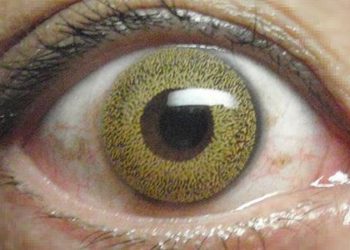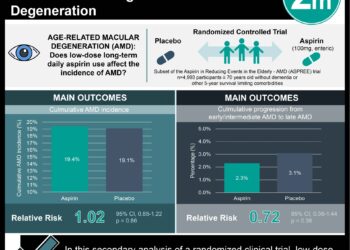Nanoscope Therapeutics: Gene Therapy Improves Visual Acuity in Patients with Retinitis Pigmentosa
- Gene therapy demonstrated clinically meaningful vision improvement in legally blind individuals.
- The therapy is capable of restoring vision even in advanced disease stages.
The Latest
A recent two-year phase 2b, randomized, double-masked, sham-controlled multicenter clinical trial by Boyer et al. and Nanoscope Therapeutics investigated mutation-agnostic gene therapy for the treatment of permanent and severe vision loss from of retinitis pigmentosa. The results build on an earlier trial that found 89% of patients injected with the gene therapy to experience an improvement of luminance levels across two visual tests compared to control group patients. This newest trial, named RESTORE, demonstrated significant improvement in best-corrected visual acuity after 52 weeks compared to the control arm. The results showed that gene therapy was well tolerated, with no treatment-related serious or severe adverse events reported.
Physician’s Perspective
Retinitis Pigmentosa encompasses a group of rare genetic eye disorders in which the retina’s photoreceptors degrade over time leading to profound visual field and vision loss in advanced stages. Retinitis pigmentosa affects 1 in every 400 people in the United States and approximately 1 in 5000 worldwide, making it the most common inherited disease of the retina. There are currently no cures available for retinitis pigmentosa. Current gene therapies aim to treat patients with specific gene mutations and are limited in advanced disease with degenerated outer retinal cells. Nanoscope’s optogenetic monotherapy targets the intact inner retinal neurons to restore vison loss. This approach has the advantage of restoring vision even in advanced retinitis pigmentosa, regardless of causative gene mutation. Furthermore, the therapy is administered via a single intravitreal injection without any need for external devices.
Molecular Targets
Nanoscope Therapeutics has developed a gene therapy called MCO-010 that uses light sensitive molecules to treat retinal disease. MCO-010 is an injection that transforms bipolar cells that normally do not transmit light (are not sensitizing) to become light sensitizing. The gene therapy works by transfecting the cell layers above the damaged cone layers, such as the bipolar and ganglion cells, into viable light producing cells. MCO-010 is activated by ambient light across the visual spectrum.
Company History
Nanoscope therapeutics is a Texas based late-stage clinical biotechnology company developing gene therapies for inherited retinal diseases and age-related macular degeneration. MCO-010 is the company’s lead asset and has recently received FDA fast-track designations. Additionally, the company has recently completed a phase 2 trial of MCO-010 in Stargardt disease.
Further reading: https://www.fiercebiotech.com/biotech/nanoscope-eyes-market-after-gene-therapy-improves-vision-patients-retinal-disease
©2024 2 Minute Medicine, Inc. All rights reserved. No works may be reproduced without expressed written consent from 2 Minute Medicine, Inc. Inquire about licensing here. No article should be construed as medical advice and is not intended as such by the authors or by 2 Minute Medicine, Inc.






